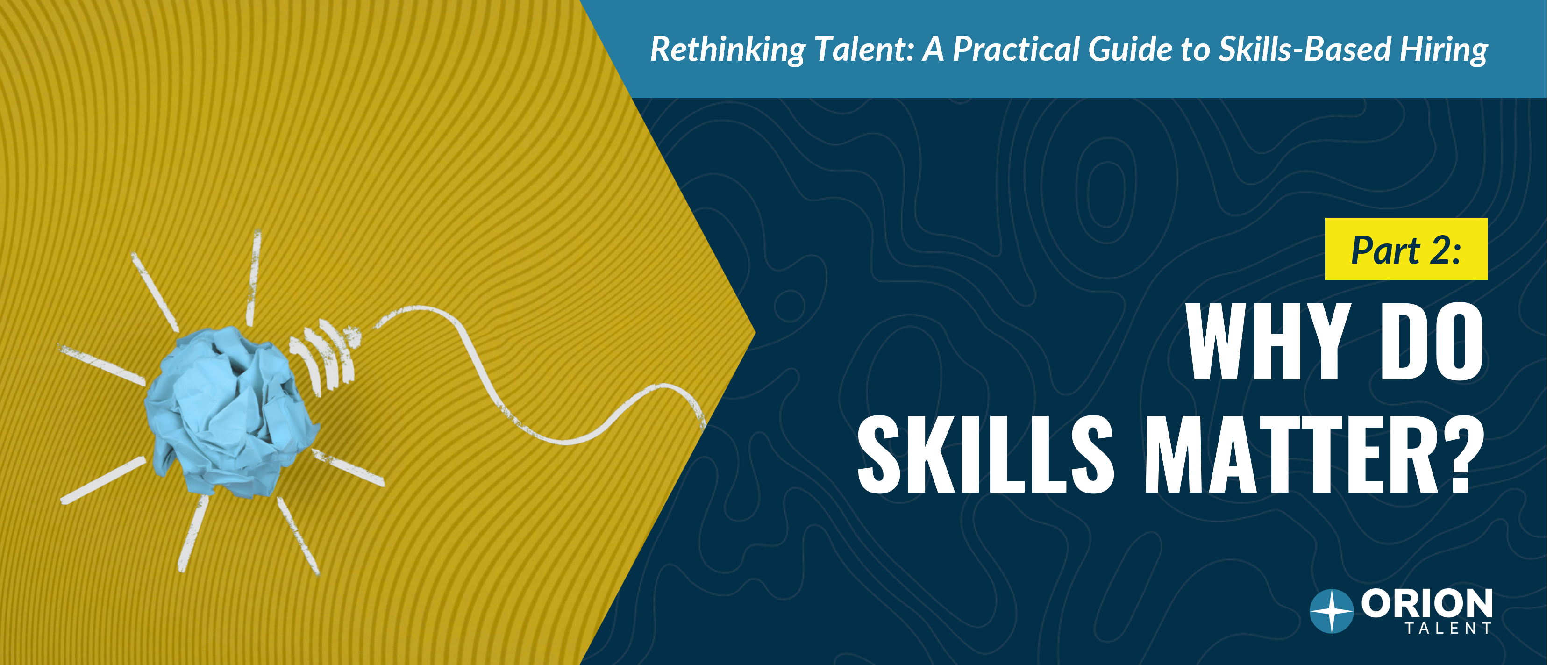Think back to the last person you had to fire. While there are many reasons that employers are forced to let go of employees, having your hand forced is rarely pleasant. Maybe they’ve been slacking since their sixth month on the job. Maybe, despite their best efforts, they still aren’t able to meet the quantitative benchmarks of the position.
Or, it could be that the last person you fired was a toxic employee. A toxic employee is someone who is a competent employee, but who is a generally toxic person to be around. Though they may be a highly productive employee, their attitude toward work or life makes them very hard to work with. No matter how much work they get done, the negative impact that a toxic employee has the potential to increase the longer you employ them.
You won’t notice the hard costs of hiring a toxic employee as quickly as if you hired a poor performer, but, make no mistake, they will cost you in the long run. As long as you employ a toxic employee, their co-workers will have a highly likelihood of leaving the company. If this toxic employee is able to obtain a position of authority within your company, then you’ll have an entire department that now at risk for low retention across the board and prone to personnel problems.
Though there are many types of toxic employees, some of them are packing much more potent venom than others. Some toxic employees are hard to work with. Some toxic employees actively try to get a leg up on their co-workers by creating conflicts, withholding information and spreading rumors.
Whether they are actively trying to gain control in your company or they are just a nightmare to be around, employing a toxic employee is going to have a negative impact on everyone who they work with. By recognizing toxic behavior at your company, you can avoid the increased turnover and lowered morale that it inevitably causes.
Let’s go over some of the most common examples of toxic behavior in the workplace and the ways in which you can spot these problem employees, before you ever hire them.
Did You Just Hire a Toxic Employee?
Before you hire, ask yourself, could you stand working with this person every day? When the hire clashes with the team they join, they were not the best choice for that position.
The Downer
Would you like some cheese with that whine? A Downer is an employee who loves to vocalize their concerns, doubts and sad life story to anyone who will listen. Whether it’s the work that they “have” to do or the boyfriend or girlfriend that just dumped them, the Downer will distract everyone around them with their problems.
Though expressing workplace frustrations can help team members to relate to one another, a persistently and vocally negative employee brings everyone else down so they can throw their daily pity party. While a downer may not have a negative impact on day-to-day employee output, their constant negativity has the potential to annoy or discourage their co-workers, making them think that reaching a deadline is as hopeless as the Downer makes it out to be. If you have experienced difficulties with team morale in the past, the last thing you need is a Downer saying what everyone else is thinking. This will just reinforce a defeated attitude in your business, making it harder to attract future talent into your gloomy company culture.
Screening for Downers: Ask interviewees to describe a situation that they thought was hopeless. If the employee takes this time to lament the situation and offers no solution to the hopeless situation, this can be a sign of toxic negativity.
The Upstart
The Upstart is an employee who believes that they know how to do everything and that their way is obviously a better way to do it. They might have held some lofty position at some point to account for all that ego, but an Upstart can come from anywhere. Though employee input can provide you with some great insights, the only reason that an Upstart ever opens their mouth is to serve their own agenda.
Ambition is a great motivator for employees, but the Upstart’s opinionated and arrogant approach to work outweighs their benefit to your company.
When no managers are around, the Upstart will bad mouth every decision made by the leadership. They’ll question the work that the team is doing, the way they’re doing it and even the “point” of doing it. Besides casting doubt on everything, an Upstart is comfortable justifying rule breaking and unilateral action because, well, they’re right.
They don’t think that they are right about everything, they know that they are, and shaking someone of this delusion is like trying to get a dog to let go of a porterhouse steak.
The Upstart is not above making themselves look good by comparison, promoting a cutthroat culture in which employees will avoid collaboration, for fear of being singled out or having their work stolen.
Screening for Upstarts: Confidence in an interview is a good sign of passionate employees, but over-confidence can be a telltale sign of an Upstart. When they take credit for the success of a project in their past, ask interviewees for specific accomplishments and probe deeper into their actual contributions to the team and project.
The Raging Volcano
The Raging Volcano is an employee who has anger issues, and is not afraid to use them. You might hear them assaulting the snack machine or muttering four letter words as they prepare for a call with a client.
Working near a Raging Volcano is pretty distracting, even if all of their huffing and puffing is directed at their computer or the ceiling. Even if the Raging Volcano has never exploded at one of their co-workers, their palpable rage makes everyone think it’s only a matter of time. No matter how productive this sort of employee is, they are creating a toxic, fearful environment for everyone else around them.
When a Raging Volcano employee is allowed to erupt for long enough, you will undoubtedly start to see an exodus away from their department, as their co-workers and reporting staff members head for high ground. If left unaddressed, this raging employee can force their co-workers or subordinates to leave the company, unwilling or unable to work in the toxic environment.
Screening for Raging Volcanoes: The volcano will try to keep a lid on their anger during the interview. Try asking interviewees about a situation that made them frustrated at work and then ask clarifying questions, probing at the details of what got their goat. By remaining neutral and asking follow up questions, you may be able to coax some fire from a dormant volcano as they recount a situation that made them blow up in the past. An over-zealous explanation of a bad boss or policy can be a good indicator that you have a hot head on your hands.
Archives
- February 2026
- January 2026
- December 2025
- November 2025
- October 2025
- September 2025
- August 2025
- July 2025
- June 2025
- May 2025
- April 2025
- March 2025
- February 2025
- October 2024
- May 2024
- March 2024
- February 2024
- January 2024
- December 2023
- November 2023
- October 2023
- September 2023
- August 2023
- July 2023
- June 2023
- May 2023
- April 2023
- March 2023
- February 2023
- January 2023
- December 2022
- November 2022
- October 2022
- September 2022
- August 2022
- July 2022
- June 2022
- May 2022
- April 2022
- March 2022
- February 2022
- January 2022
- December 2021
- November 2021
- October 2021
- September 2021
- August 2021
- July 2021
- June 2021
- May 2021
- April 2021
- March 2021
- February 2021
- January 2021
- December 2020
- November 2020
- October 2020
- September 2020
- August 2020
- July 2020
- June 2020
- May 2020
- April 2020
- March 2020
- February 2020
- January 2020
- December 2019
- November 2019
- October 2019
- September 2019
- August 2019
- July 2019
- June 2019
- May 2019
- April 2019
- March 2019
- February 2019
- January 2019
- December 2018
- November 2018
- October 2018
- September 2018
- August 2018
- July 2018
- June 2018
- May 2018
- April 2018
- March 2018
- February 2018
- January 2018
- December 2017
- November 2017
- October 2017
- September 2017
- August 2017
- July 2017
- June 2017
- May 2017
- March 2017
- February 2017
- January 2017
 RSS Feed
RSS Feed




















